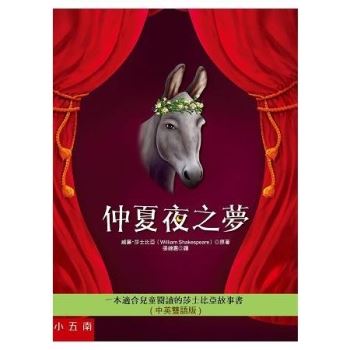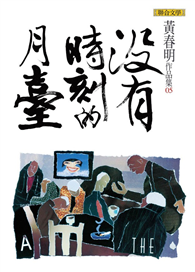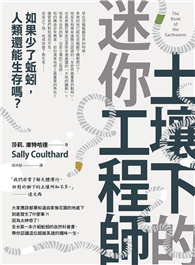For more than a century, the Paris Peace Conference of 1919 has remained an object of historical scrutiny. As an attempt to consolidate peace in the wake of World War I and to prevent future conflict, it was instrumental in shaping political and social dynamics both nationally and internationally. Yet, in spite of its implications for global conflict, little consideration has been given to the way the Paris Peace Conference constructed a new global order. In this illuminating and geographically wide-ranging reassessment, The Paris Peace Conference of 1919 reconsiders how this watershed event, its diplomatic negotiations and the peace treaties themselves gave rise to new dynamics of global power and politics. In doing so it highlights the way in which the forces of nationality and imperiality interacted with, and were reshaped by, the peace.
| FindBook |
有 1 項符合
The Paris Peace Conference of 1919: The Challenge of a New World Order的圖書 |
 |
The Paris Peace Conference of 1919: The Challenge of a New World Order 出版社:Berghahn Books 出版日期:2024-12-01 語言:英文 規格:精裝 / 338頁 / 普通級/ 初版 |
| 圖書館借閱 |
| 國家圖書館 | 全國圖書書目資訊網 | 國立公共資訊圖書館 | 電子書服務平台 | MetaCat 跨館整合查詢 |
| 臺北市立圖書館 | 新北市立圖書館 | 基隆市公共圖書館 | 桃園市立圖書館 | 新竹縣公共圖書館 |
| 苗栗縣立圖書館 | 臺中市立圖書館 | 彰化縣公共圖書館 | 南投縣文化局 | 雲林縣公共圖書館 |
| 嘉義縣圖書館 | 臺南市立圖書館 | 高雄市立圖書館 | 屏東縣公共圖書館 | 宜蘭縣公共圖書館 |
| 花蓮縣文化局 | 臺東縣文化處 |
|
|
圖書介紹 - 資料來源:博客來 評分:
圖書名稱:The Paris Peace Conference of 1919: The Challenge of a New World Order
內容簡介
作者簡介
Axel Dröber is lecturer at Sorbonne Université. He studies nineteenth and twentieth-century Western European history, with a focus on the history of public security and the state monopoly on violence in post-revolutionary Europe. He published a book-length study on the National Guard during the Restoration and the July Monarchy in France (Nation, Militär und Gesellschaft, HeiUP,2022) and is currently working on the topic of migration and citizenship after the First World War.
King of Kings: The Iranian Revolution: A Story of Hubris, Delusion and Catastrophic Miscalculation
Who’s Afraid of the Big, Bad Jew: Learning to Love the Lessons of Jew-Hatred
Theatres of the Body: Dance and Discourse in Antebellum Philadelphia
Theatres of the Body: Dance and Discourse in Antebellum Philadelphia
Russian Warfare in the 21st Century: An Incentive-Opportunity Intervention Model
Stranger-Kingship in Antiquity
Latin America and the World’s Fairs, 1867-1939
Recipe for Death: The Erin Patterson Story
Ghost Nation: The Story of Taiwan and Its Struggle for Survival
The Cambridge Companion to Marcus Aurelius’ Meditations
Who’s Afraid of the Big, Bad Jew: Learning to Love the Lessons of Jew-Hatred
Theatres of the Body: Dance and Discourse in Antebellum Philadelphia
Theatres of the Body: Dance and Discourse in Antebellum Philadelphia
Russian Warfare in the 21st Century: An Incentive-Opportunity Intervention Model
Stranger-Kingship in Antiquity
Latin America and the World’s Fairs, 1867-1939
Recipe for Death: The Erin Patterson Story
Ghost Nation: The Story of Taiwan and Its Struggle for Survival
The Cambridge Companion to Marcus Aurelius’ Meditations
|











